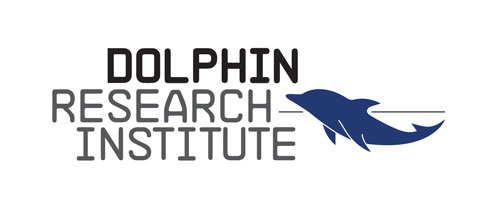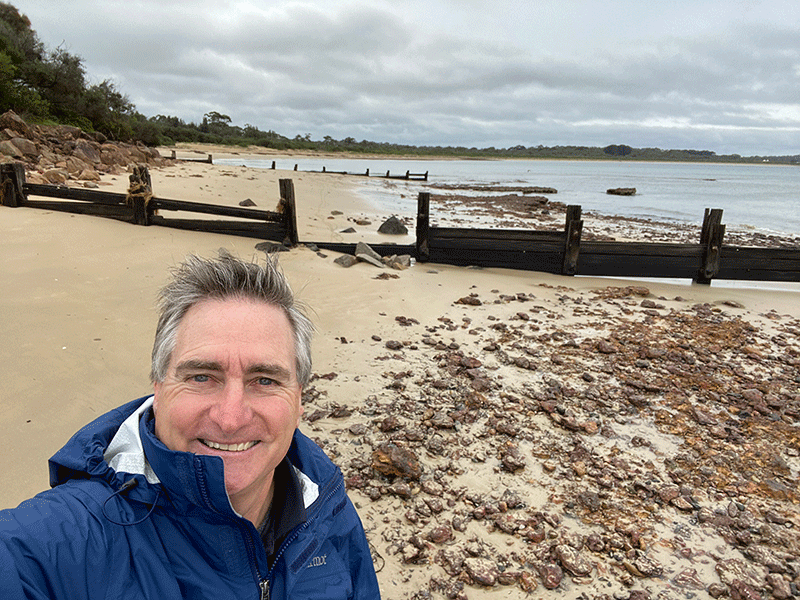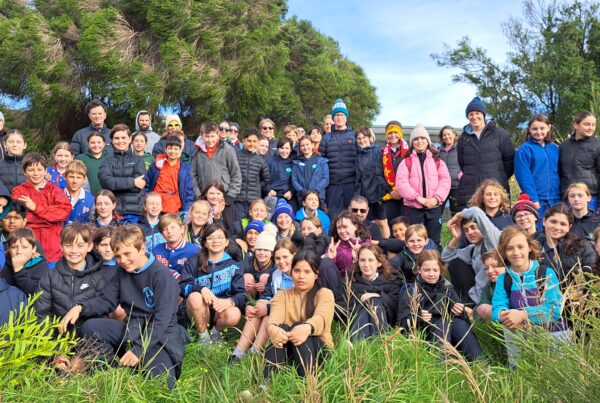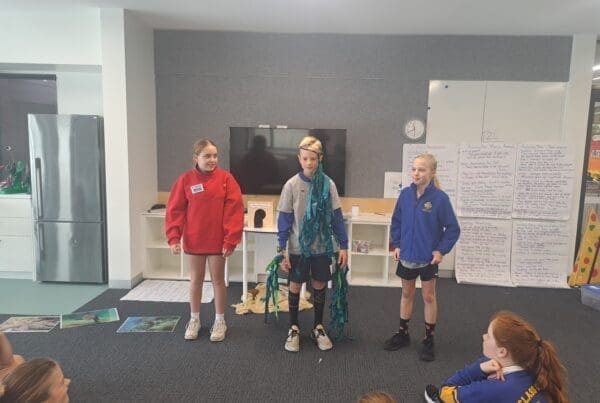‘I sea, I care’ Community Heroes: Interview with David Buntine
“We can all achieve a lot more working together than working alone.”
-David Buntine
The ISIC community brings you another story, highlighting the people in our community actively protecting our environment surrounding the two bays area. We are joined, this time, by David Buntine, CEO of the Port Phillip and Western Port Catchment Management Authority where he has worked for around 20 years. This role has seen David involved in some amazing projects, bringing together various councils, government agencies and community organisations, to implement the Regional Catchment Strategy and achieve a positive and resilient future for the Port Phillip and Western Port catchment area.
Growing up in Gippsland and spending his youth around the Gippsland lakes, swimming, boating and fishing in the area, David always had a great love for the outdoors and the natural environment. After studying geology and working first in agriculture, he says he fortuitously found his way onto the catchment authority, working on the first catchment management strategy. He has stayed there ever since and gained a lot of satisfaction from working on various long-term and impactful projects for the area he loves.
“We have been involved in projects like the Grow West project in the west of Melbourne, which has been working for about 15 years rehabilitating degraded land, around 2500 hectares of land has now been revegetated, mostly with native vegetation. Those landscapes are now starting to look vastly different to what they did 15 years ago and is creating large links of native vegetation across the landscape, which is helping add to the resilience of that landscape for the future.- The opportunity to see landscape scale changes and know that’s going to be there for a long time is very rewarding
We are also doing some work in the Yarra Valley on a project called Yarra for Life, which is working with lots of organisations, trying to help the recovery of threatened species in the area, such as the Helmeted Honeyeater and Leadbeater’s possum. – Being part of the big group of people that has helped the Helmeted Honeyeater on the way back from extinction is really satisfying.”
These incredible achievements, he emphasises, are only realised through collaborative partnerships between various public and private sector organisations, which can be challenging, but ultimately the key to success. “They do get a lot of benefit out of working together and we can all achieve a lot more working together than working alone.”
This collaborative effort is also paramount for tackling some of the major threats facing the catchment area and Port Phillip and Western Port bays. David believes sedimentation and nutrient runoff from farming and urban development are still the biggest threats which could impact our bays.- “They are historical (threats), but they remain really important.- Sediments smother seagrass, which then impacts fish populations. The way we manage the areas of the catchment, how much sediments are allowed to get into the drains, into the water and into the bays, is very important.– We can’t take our eye off of those things, while also keeping an eye on what’s going to happen with rising sea levels and changing climates.”
However, managing these impacts over recent decades has enabled the bays to recover and rejuvenate. David says great changes have been achieved through the development of the Port Phillip Bay Environmental Management Plan and major environmental studies of Western Port, which led to reductions of nitrogen inputs to Port Phillip Bay and a greater focus on the issues for Western Port, including the sediment loads. “There’s still lots of things to work on, but the bays are in good condition now and even getting better. If we can take out major impacts and give these natural systems a chance, they will recuperate”.
Looking to the future David hopes we can continue to manage these impacts and continue to protect and improve the natural areas he loves for future generations.- “I still love going for a walk close to where I live and being able to see koalas, echidnas, wallabies and birdlife, dolphins at the beach, that’s still a thrill. We have raised our kids here on the Mornington Peninsula and they’ve grown up their whole lives being able to go for a walk from our house and see that wildlife. So I really hope we can retain all of those things and deal with the issues that continue to come along.”
Not everybody can be as involved or as passionate about the natural resources within the catchment as David, and part of his work and the work of the PPWCMA, is making people aware of the precious resources the Port Phillip and Western Port catchment provides for everybody.
“It can be quite easy to not see what’s going on around you and take for granted some of what this area offers. The rivers and the patches of bush that we have in Melbourne, the forests and grasslands on the outskirts. – Part of our work is to make people aware of the precious things we have here and that our everyday actions all make a difference. Litter in the street ends up in the drains and ends up in the bay, new housing developments churn up a lot of soil and some of that sediment makes its way into the drains and into the bays. There are all sorts of daily things that can make a difference, individually it’s a small piece but it’s all of those small pieces that add up to make the environment we have around Melbourne.
For those who aren’t necessarily in an influential position, David offers an important message to those who still want to make a difference for the area and community they love and gain so much fulfilment from being a part of.
“I would always urge community members to be seen and be heard. There’s lots of good people who are passionate about our environment who are working within the system, but the wheels of government often work slowly. What helps them move faster is when communities are seen and heard, passionately advocating the things that matter to them.”
The ‘I sea, I care,’ community is all about understanding and appreciating our whole natural resources and community systems, how it is all interconnected and impacted by our everyday decisions. Learning about David’s work and achievements, offers us an amazing insight into the management of these systems, the collaboration it requires and the importance of restoring our natural resources for a resilient future.
Interview: By Frances Walpole







